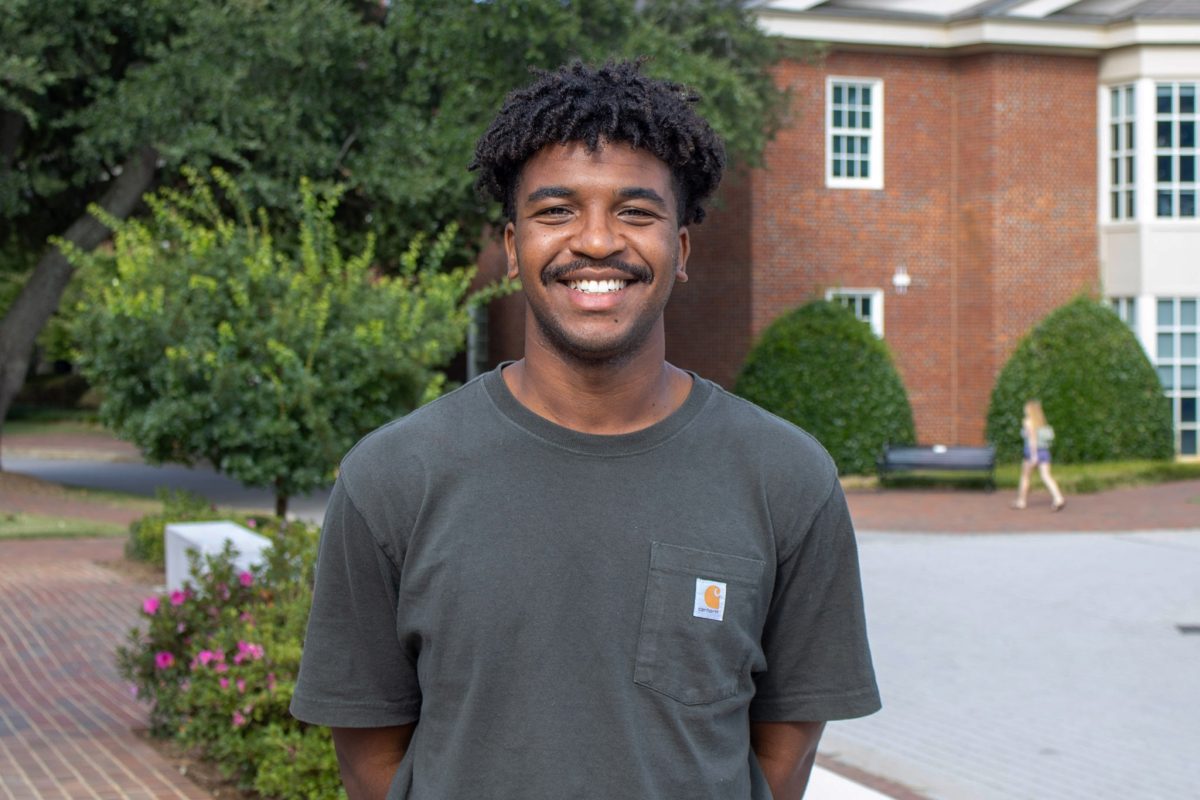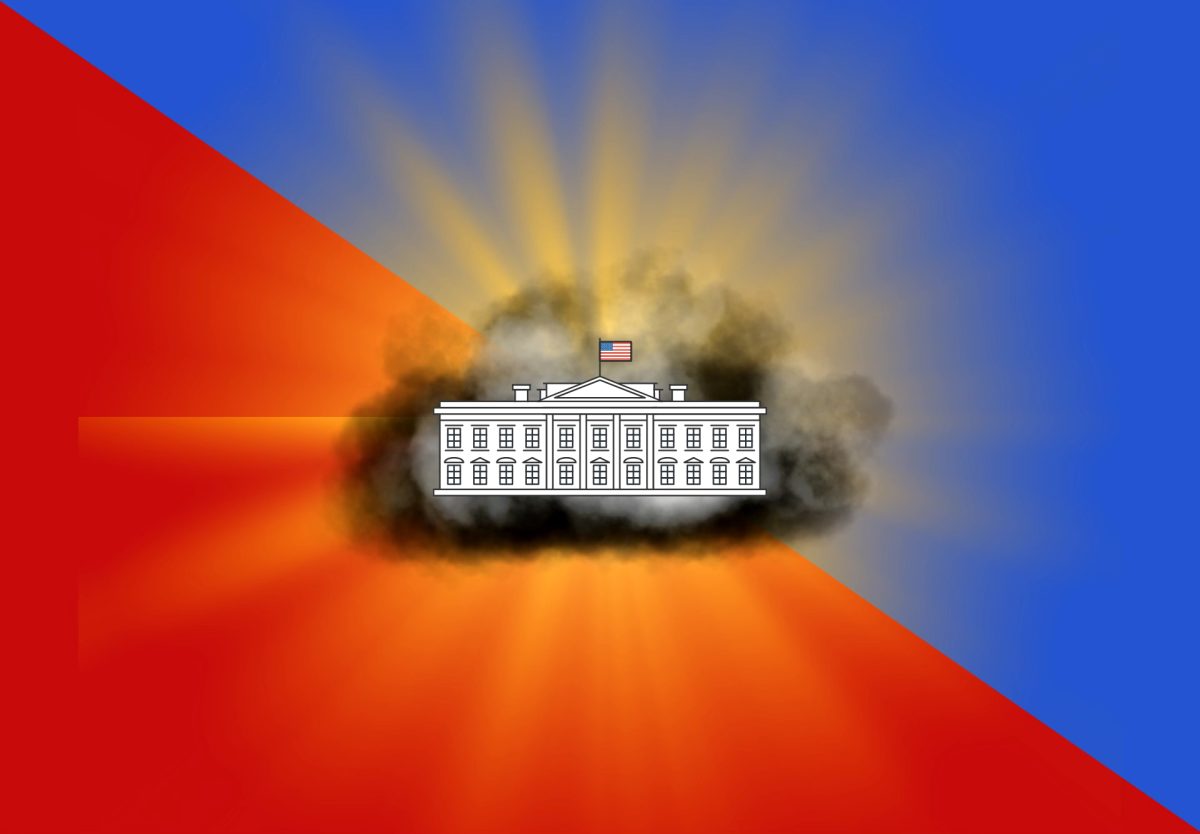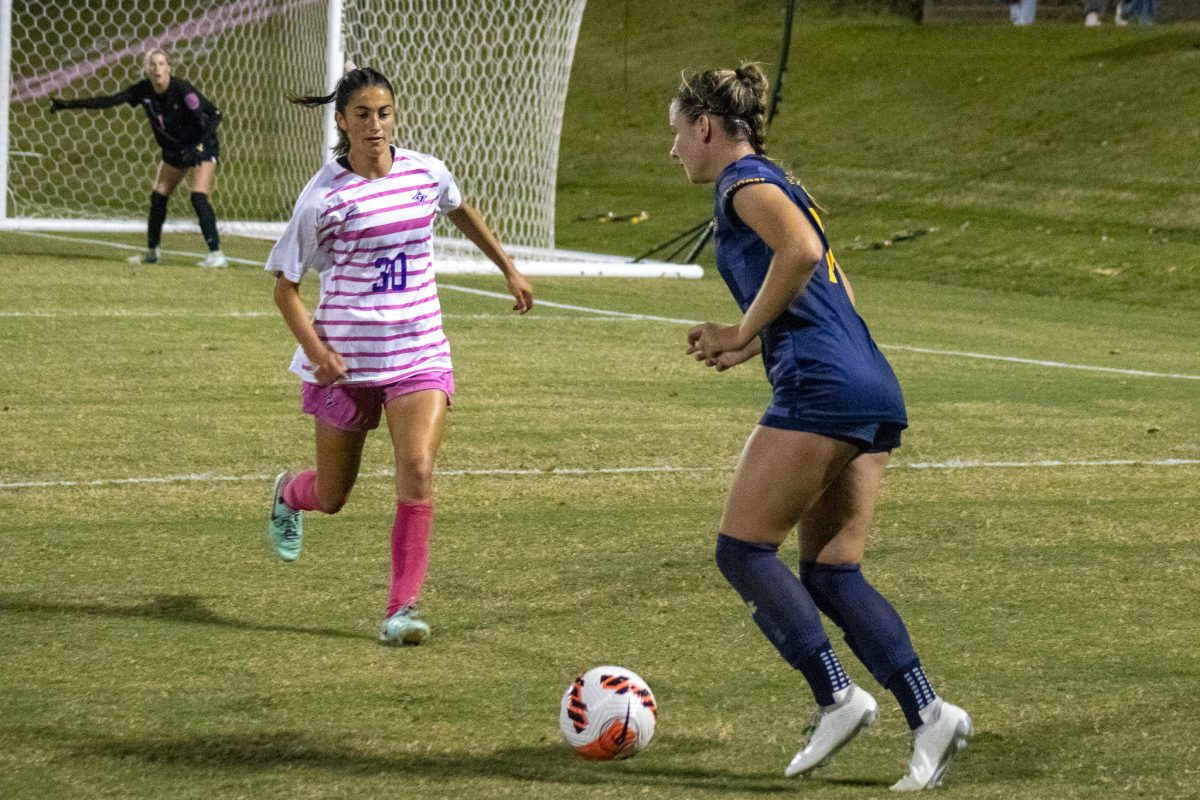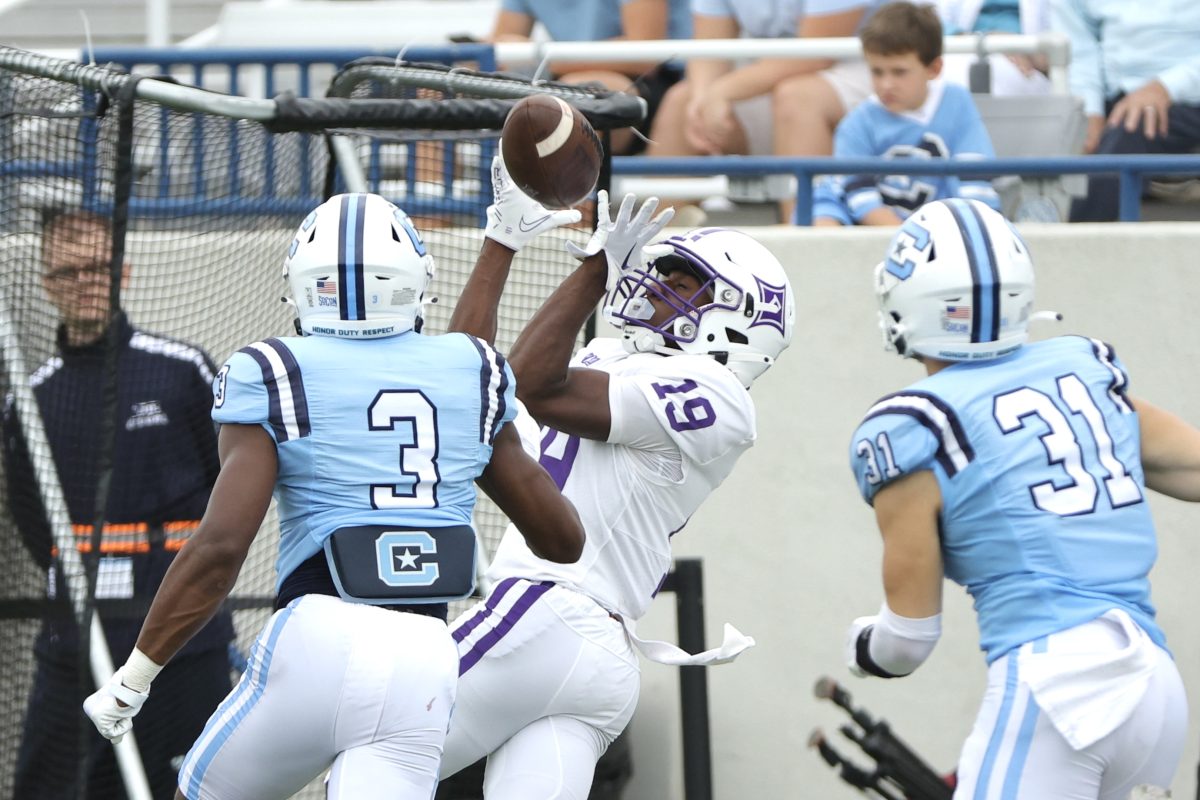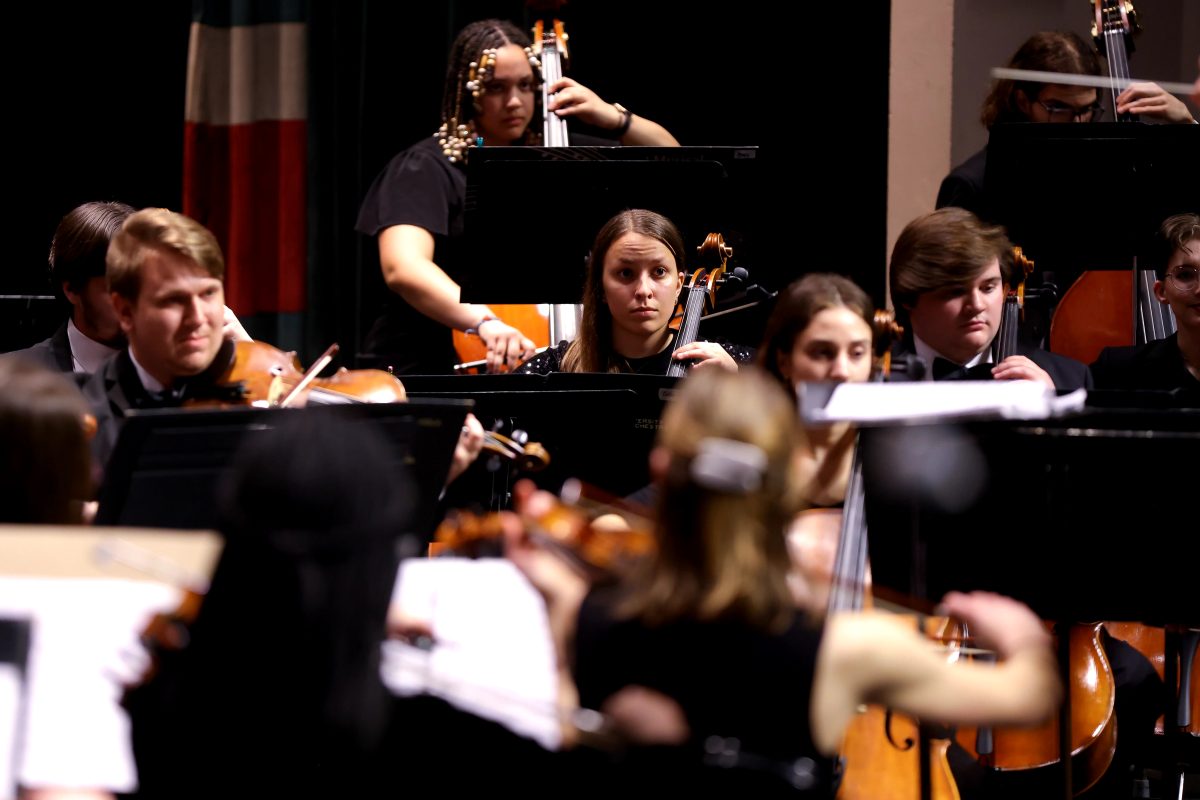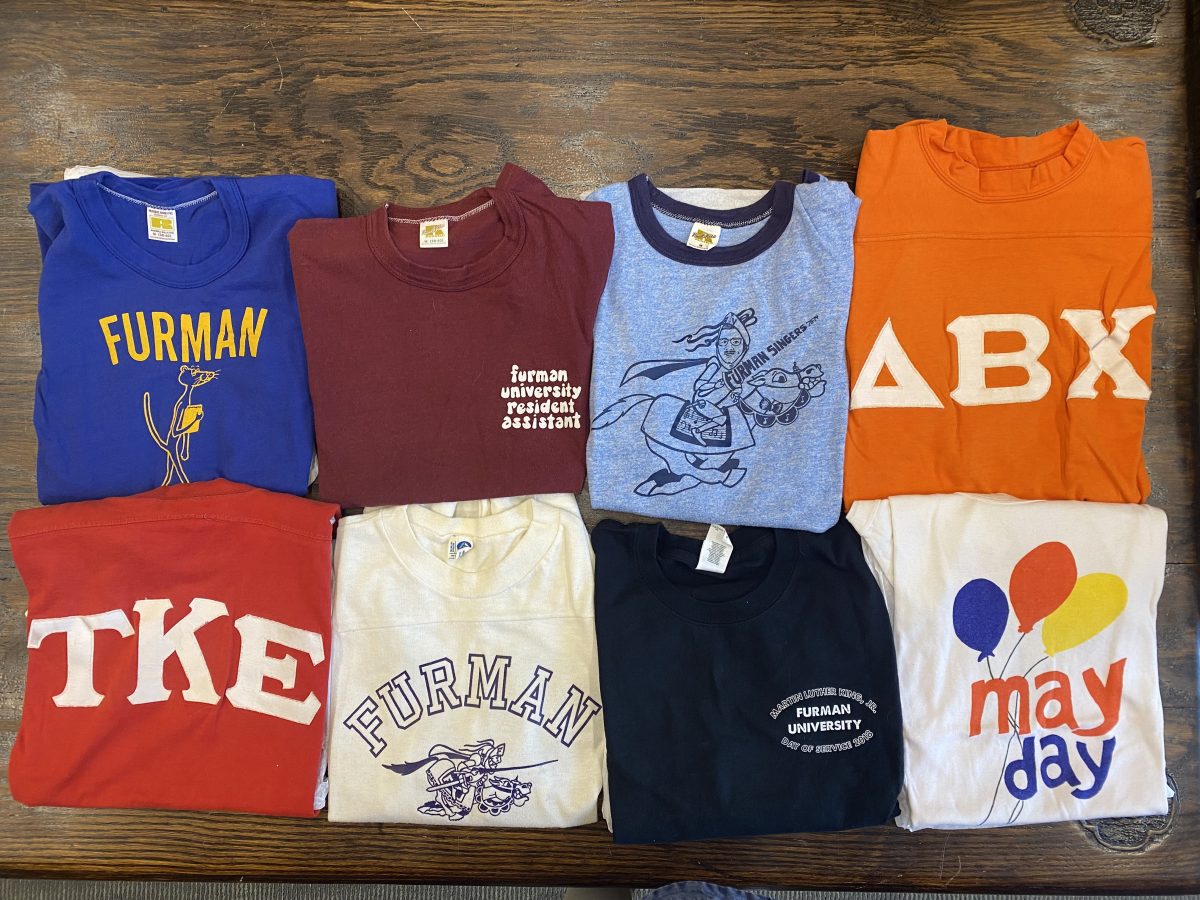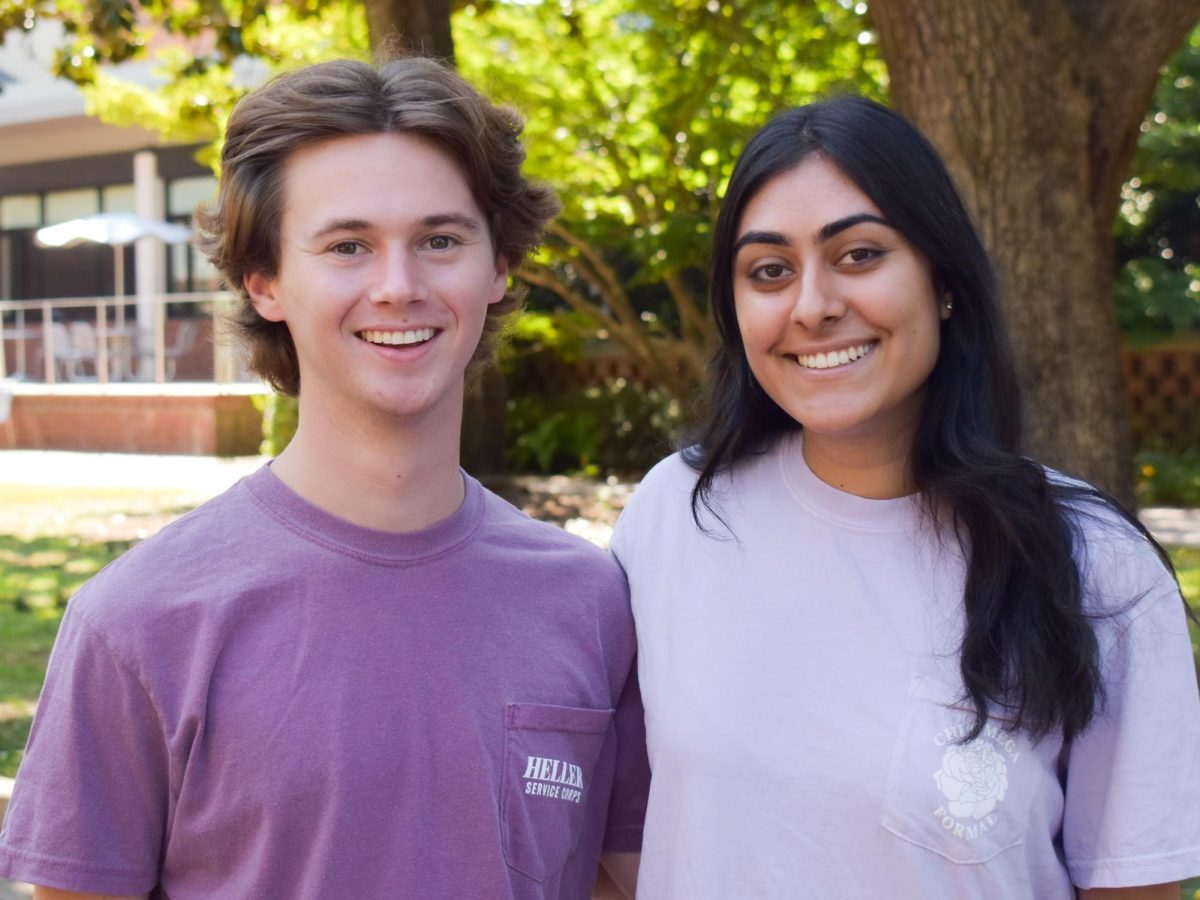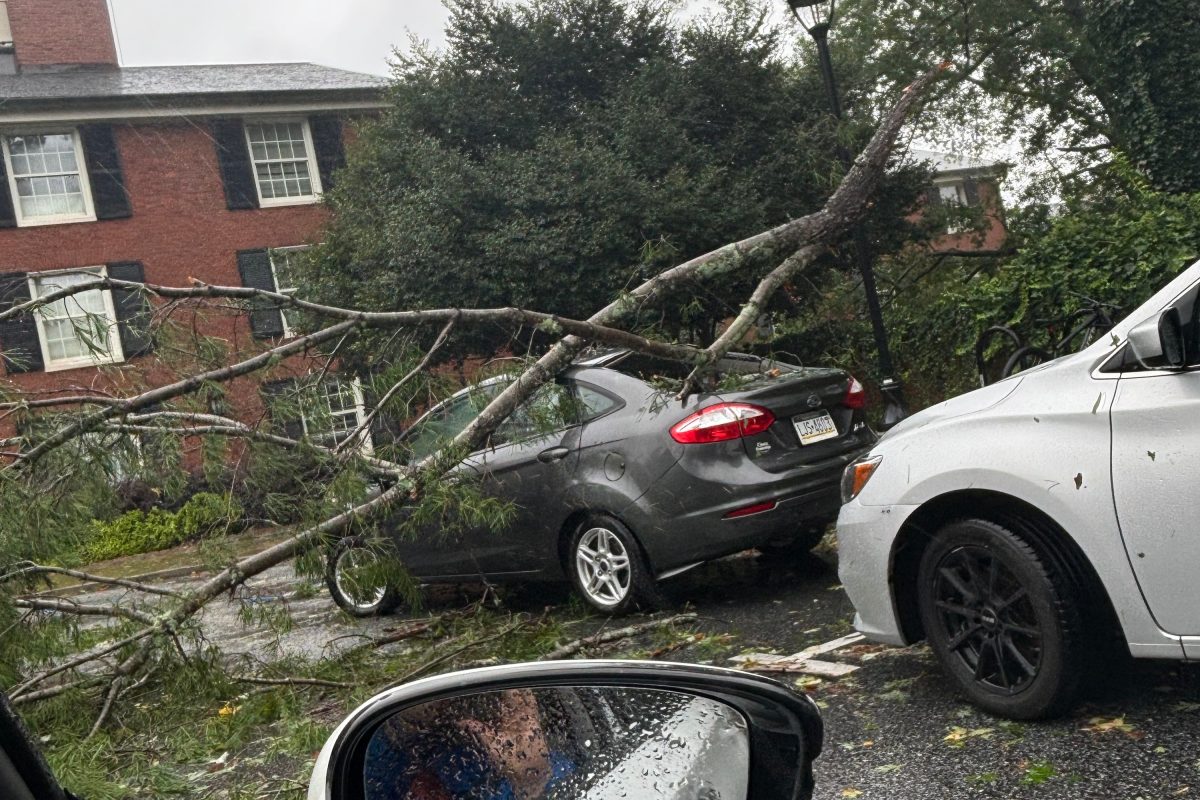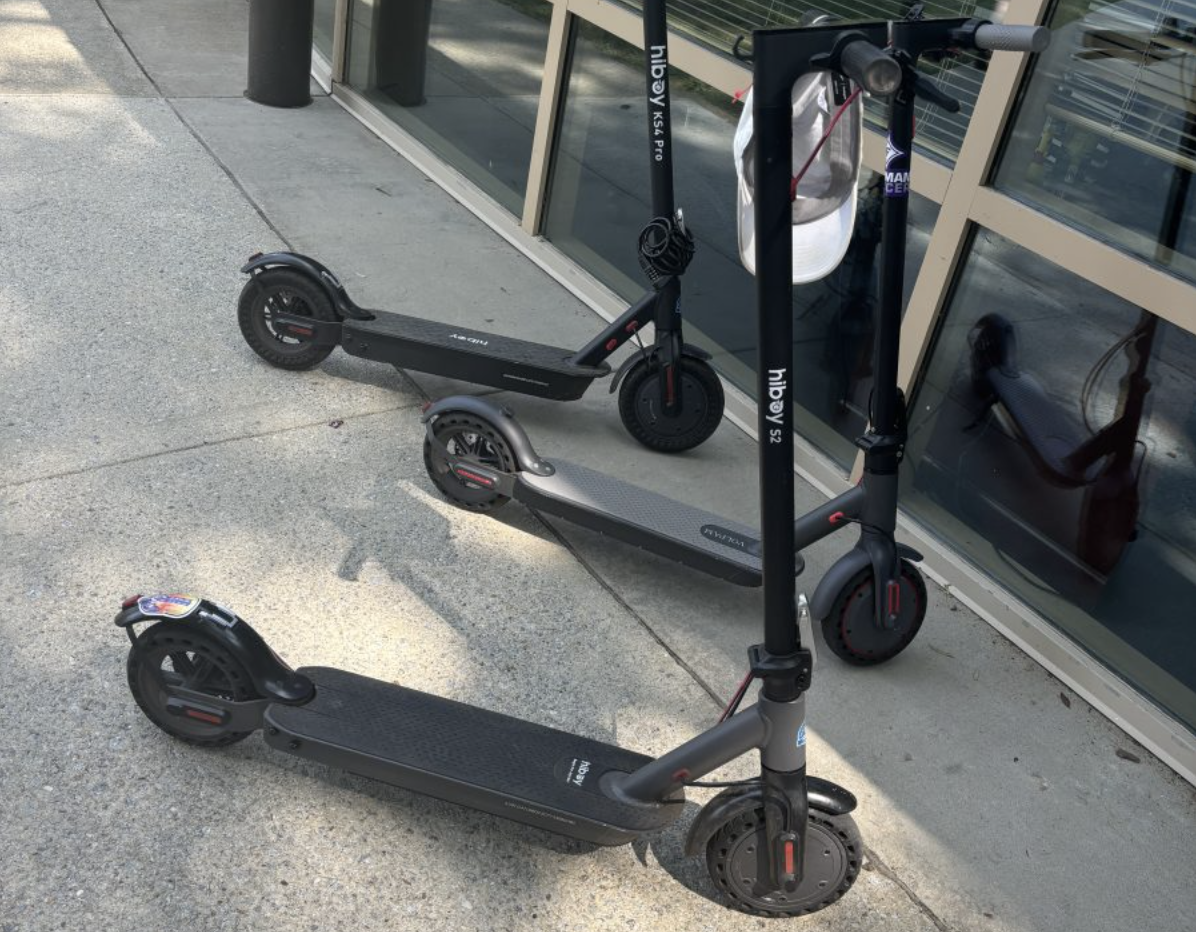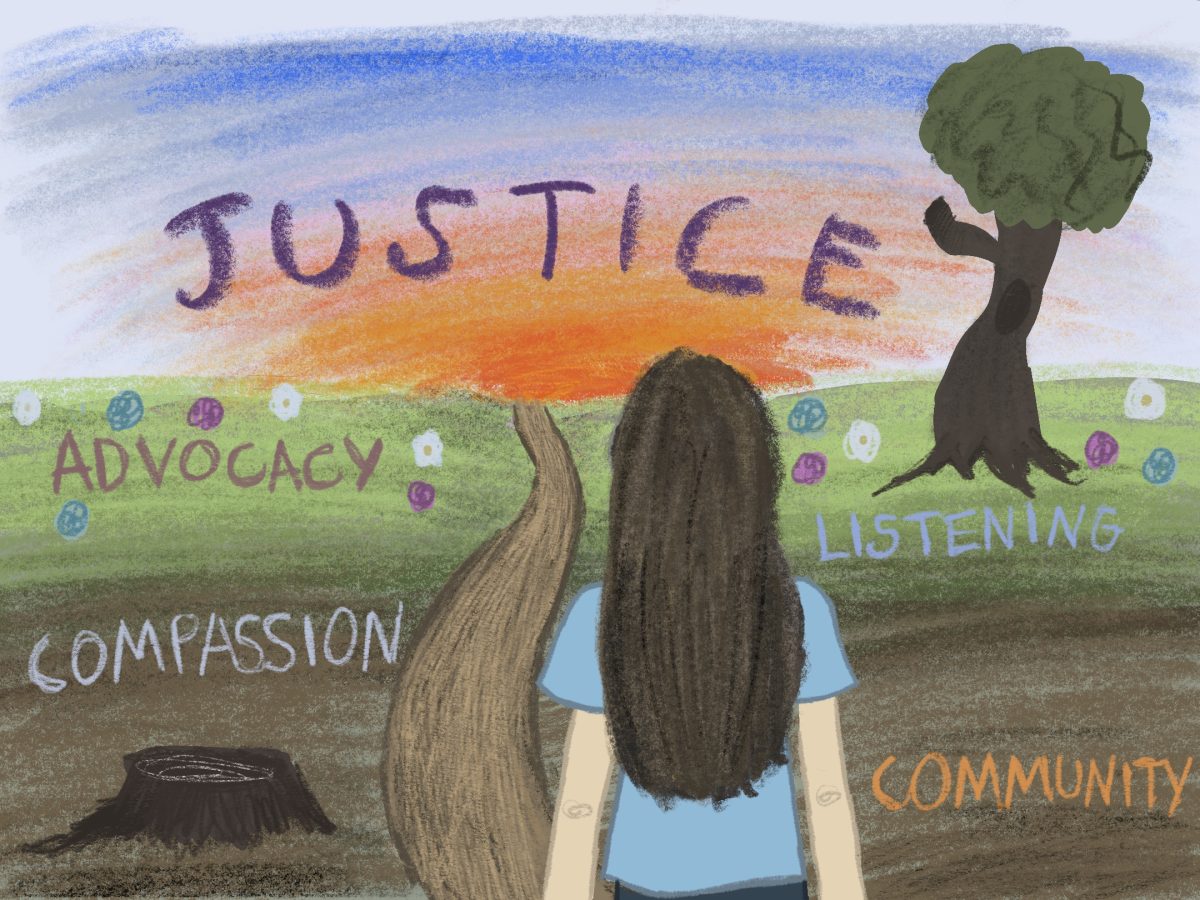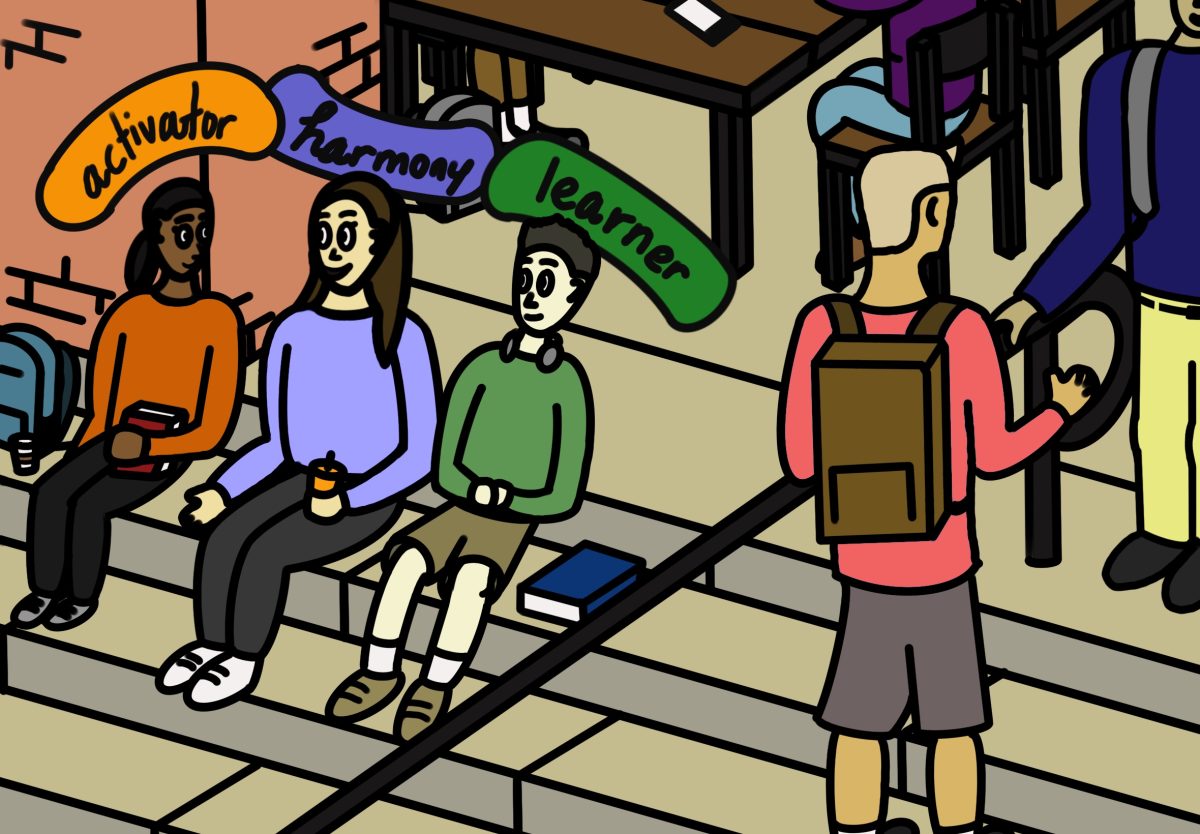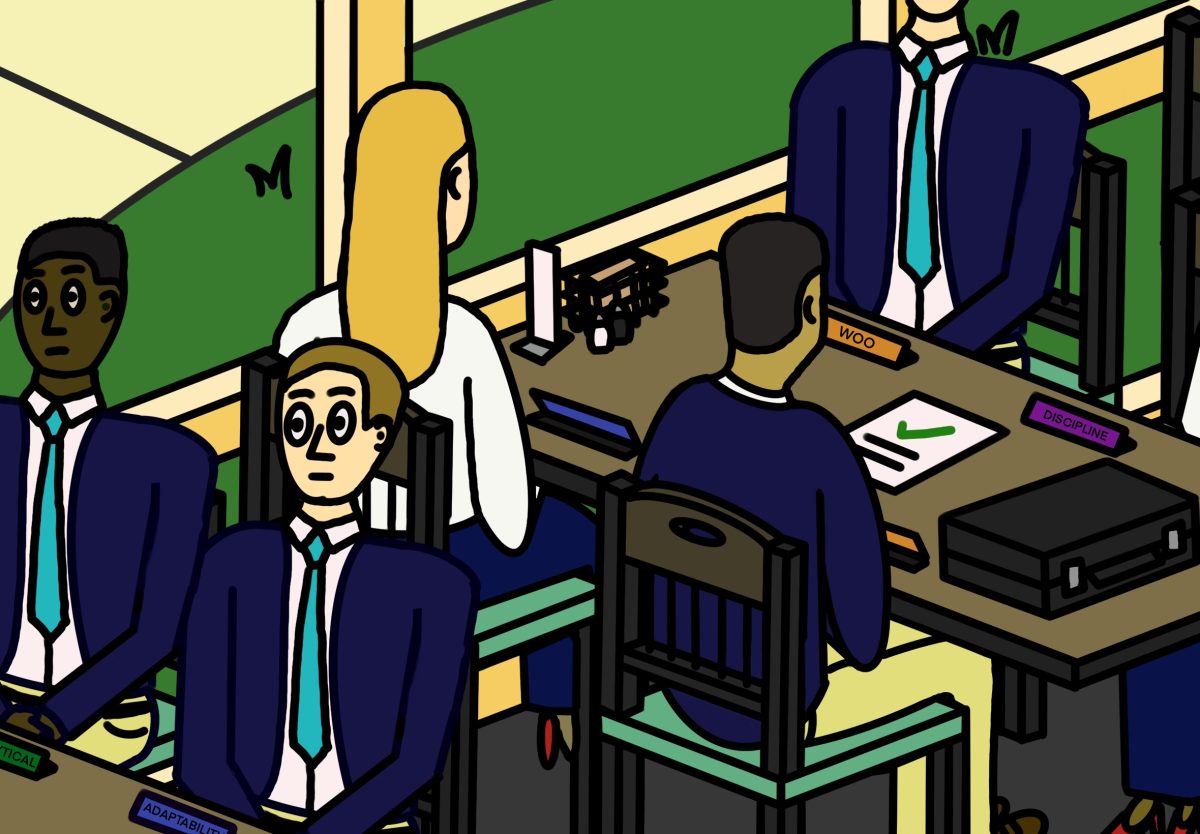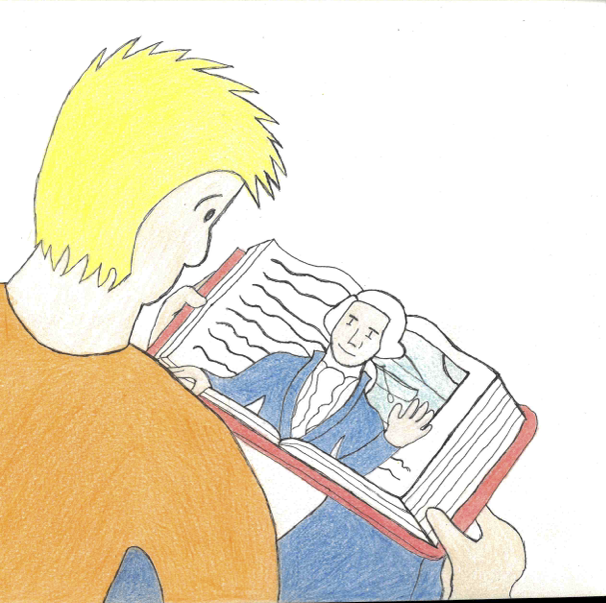I want to urge you, the Furman student body, to abstain from the April 18 referendum vote on the Ceasefire Now! resolution, which makes the following demands of the Furman Administration:
1) A statement recognizing the ongoing genocide in Gaza
2) The complete disclosure of investment, and divestment from any Israeli firms and firms supporting the occupation, including U.S. weapons manufacturers
3) The prohibition of all future MayX and Study Away Programs to occupied Palestine.
I am appalled by the acts of terror from Hamas, the disproportionality of Israel’s response led by Prime Minister Benjamin Netanyahu and U.S. complicity in allowing the conflict to escalate to its current level.
I have strong convictions about acting with purpose and intentionality — while understanding limitations — to assist in situations I cannot accept. However, I am not convinced that the current referendum is the right path to take, given the contentious and charged use of “genocide,” the unlikely nature of administration acceding to the imprudent demands on investment, and the inaccurate depiction of study away experiences.
First Demand: SGA Condemning the Genocide and Calling for a Ceasefire
I fear that the discussion around the destruction of human life and livelihoods in Gaza, and escalating tensions between Israelis and Palestinians, has become bogged down in debates around the applicability of the word “genocide.”
I believe it is likely that genocidal acts are occurring in Gaza, and Israel must continue to be investigated and monitored by the International Court of Justice. It must be noted, however, the role algorithms on social media played in spreading misinformation and creating echo chambers as this violence unfolded.
In my view, the word genocide is being used by YDSA to evoke an emotional response to respond to our desensitization towards violence. It seems the coalition may portray those who vote “No” as being “for” genocide, evidenced by the statement from YDSA’s Instagram that this referendum will “decide the student body’s position on the genocide in Palestine.” By not voting, students can express their unwillingness to be pressed into a false dichotomy of moral choice and sides’ on this complex issue. Disapproval of the resolution should not be equated to approval of current, ongoing atrocities.
Second Demand: Disclosure and Divestment
The demand for disclosure and divestment by Furman is an unrealistic goal. According to Susan Maddux, Furman University’s Vice President for Finance and Administration, there are multiple reasons disclosure alone is unlikely — such as confidentiality clauses with investment partners — that would take many financial and legal resources to resolve.
Furman not making its investment portfolio public is an issue that may deserve more attention. However, the coalition’s focus on this demand instead of more achievable goals demonstrates the ineffectual nature of this resolution. More energy could be invested into immediate, straight-forward efforts to aid those affected by the conflict, such as fundraising to evacuate families from Gaza. Rather, this demand appears to be a dead-end goal, given that according to Maddux, Furman does not disclose its investment portfolio.
Third Demand: Prohibition on Study Away
Finally, the call for prohibiting all future Study Away programs to Israel may theoretically end “Furman’s financial contributions to the Israeli economy, which are subsequently used to fund the ongoing genocide,” as asserted by Michael Adolf ‘27 of the Furman YDSA. However, there would be other unintended and deeply concerning consequences if these programs were to be canceled indefinitely.
This measure would take away critical learning and experiential opportunities from students of all backgrounds and perspectives. In this particular case, students gain an enhanced, highly valuable understanding of Palestine and Israel through personal experience and a humanization of the ongoing conflicts.
Students who have participated in the Holy Lands MayX have testified to the powerful experiences they had as part of the program. One student, who will remain anonymous due to the sensitive nature of the issue, spoke about their experience with this MayX as a person of Middle Eastern and Northern African descent and a Coptic Christian. The student felt as though once-in-a-lifetime opportunities during the program allowed them to explore their identity and experience some of the most transformative moments in their faith. As one example, this student received a Coptic Cross tattoo at the historically significant Razzouk Tattoo shop and worshiped at a Copic monastery.
Moreover, this student wanted to make known the opportunities students had to engage with local Palestinians.
“While I was there, I shopped at Palestinian businesses and stores. I took pictures with these people and ate food with them on the streets. I have a face to the people who are suffering now because I was part of this MayX,” the student said.
Evidently, canceling programs such as this may harm the Palestinian community by preventing meaningful engagement with Palestinian people, purchasing of their goods and sharing of their stories.
Study away is essential to building a more nuanced understanding of Israel and Palestine, and removing the program would take away life-changing experiences for students seeking to realize a more peaceful world.
Concluding Thoughts
I urge the student body to abstain from the referendum vote — likely the only time I will tell someone to simply not vote. I do not doubt the sincerity of the coalition members’ beliefs, but I feel they should have more thoroughly researched their demands and crafted ones with achievable goals and fully considered the consequences.
Quite problematically, unless more than 80% of students abstain from voting, this resolution could pass with support from only 10% of the student body.
Moving forward, I hope to see continued efforts working on this issue with more considerations for achievability and nuance. I also recommend engaging in necessary humanitarian efforts coupled with long-lasting change-making alongside allies in the student body, faculty, staff and administration.




